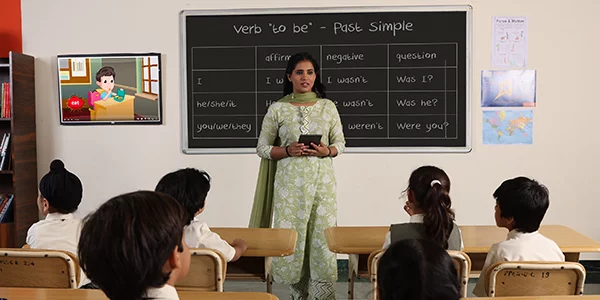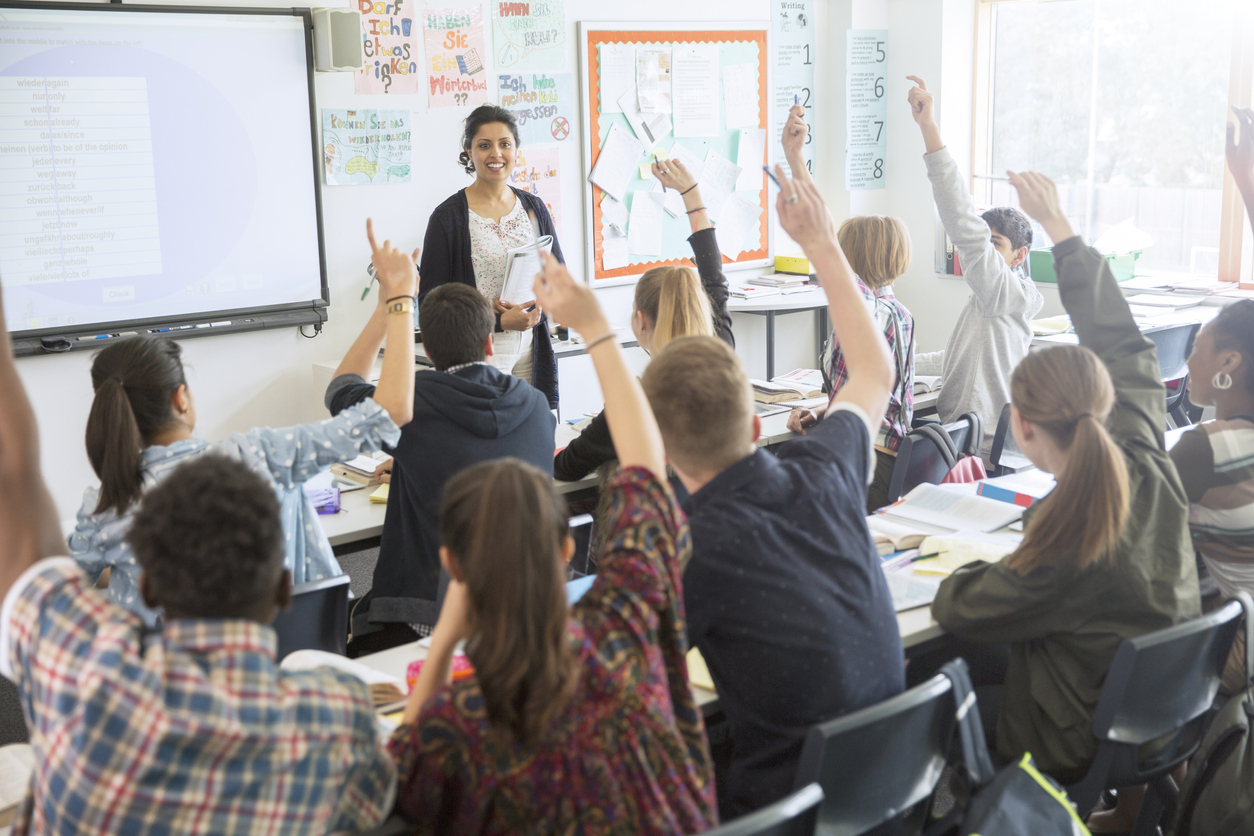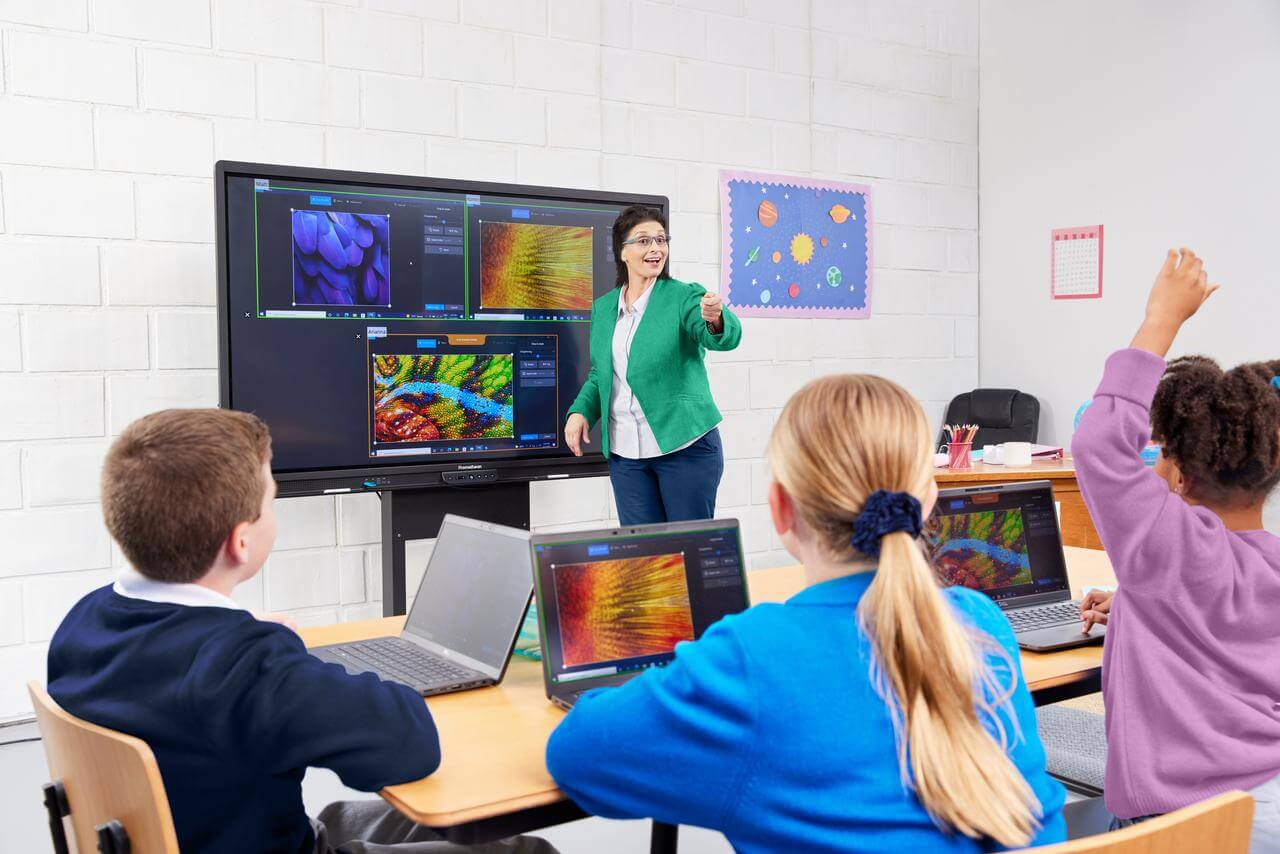Enroll in Primary Science Tuition Singapore for a Strong Science Foundation
Enroll in Primary Science Tuition Singapore for a Strong Science Foundation
Blog Article
Checking Out the Different Training Techniques in Primary Scientific Research Education Today
The landscape of primary scientific research education is developing, with various mentor approaches obtaining importance in modern classrooms. Inquiry-based learning, hands-on experiments, and the integration of innovation are redefining how educators engage young minds. In addition, collective techniques and set apart instruction are being utilized to provide to the varied requirements of trainees, boosting both engagement and understanding. As we take a look at these approaches, questions develop concerning their efficiency and the effects for future academic methods. What might these shifts in approach mean for the following generation of learners?
Inquiry-Based Learning
Inquiry-Based Understanding (IBL) is a pedagogical strategy that urges pupils to check out scientific ideas via wondering about, investigation, and hands-on experimentation. This technique stresses the function of students as active individuals in their knowing, promoting critical thinking and analytical skills. By engaging with real-world inquiries, trainees end up being inspired and curious, which improves their understanding of clinical principles.
In IBL, instructors act as facilitators, directing trainees as they browse their inquiries instead of providing info directly. This student-centered method permits differentiation, fitting numerous discovering rates and designs. Trainees develop skills in developing theories, designing experiments, and examining data, which are vital for clinical proficiency.
Furthermore, IBL promotes partnership among students, motivating them to share searchings for and concepts. This cumulative questions promotes social abilities and a sense of community within the classroom. Additionally, the procedure of questions motivates strength, as trainees find out to accept failure as a stepping stone toward understanding.
Hands-On Experiments
Hands-on experiments are an important element of reliable science education and learning, complementing the concepts of inquiry-based knowing. These experiments permit pupils to engage straight with clinical ideas, promoting a much deeper understanding through experiential knowing. By adjusting products and observing end results, young learners can realize abstract theories in tangible ways.
Such activities advertise crucial reasoning and analytic skills, as students assume outcomes, conduct experiments, and examine results. This procedure motivates them to ask concerns, fine-tune their understanding, and create a clinical attitude. Hands-on experiments can be customized to diverse learning styles, making sure that all pupils have the possibility to involve meaningfully with the material.
Additionally, hands-on experiments often motivate partnership among peers, advertising teamwork and communication skills. Operating in teams enables pupils to share concepts, review searchings for, and pick up from each other, which enhances their general academic experience.
Incorporating hands-on experiments right into the main science curriculum not only improves the finding out environment yet also cultivates a lifelong interest in science. By proactively joining their education and learning, students are most likely to develop an interest for clinical query that extends past the class.

Modern Technology Combination
Integrating innovation right into key scientific research education has actually ended up being increasingly essential in cultivating student involvement and enhancing finding out outcomes. Making use of electronic devices, such as interactive simulations, virtual labs, and academic software, gives trainees with possibilities to discover clinical principles in cutting-edge methods. These resources help with a much deeper understanding of complicated topics by permitting learners to visualize and control variables that would be not practical in a typical class setting.
Furthermore, modern technology assimilation motivates customized discovering experiences. Trainees can advance at their own rate, reviewing tough ideas with multimedia sources, which deal with different discovering styles. This adaptability not just sustains individual development yet likewise cultivates a sense of autonomy in students.
Additionally, technology functions as a bridge to real-world scientific research, attaching students with existing study and professional contributions. Access to scientific journals and on-line data sources widens students' point of views on clinical query and promotes important assuming skills.
Collaborative Understanding
Collaborative learning plays a crucial role in key scientific research education and learning by fostering synergy and communication skills amongst trainees. This strategy motivates students to work together, share expertise, and participate in problem-solving, which improves their understanding of clinical principles. By getting involved in team tasks, students learn to articulate their ideas, pay attention to varied point of views, and discuss solutions, all of which are important skills in both academic and real-world contexts.

Research study suggests that collaborative knowing can result in enhanced motivation and engagement in scientific research topics, as trainees discover enjoyment in shared experiences (primary science tuition Singapore). Furthermore, this approach prepares trainees for future collaborative ventures, outfitting them with the abilities needed for efficient teamwork in higher education and specialist environments. Ultimately, welcoming collective understanding in key scientific research education can considerably improve the knowing experience and promote a deeper understanding of scientific inquiry
Distinguished Guideline

Differentiated direction can materialize in different means, such as varying the web content, processes, or items of understanding. For circumstances, educators might use tiered jobs that provide differing levels of complexity, enabling pupils to operate at their corresponding readiness levels. Furthermore, versatile organizing approaches can facilitate cooperation amongst students with different abilities, promoting peer knowing.
Analysis plays a vital role in this approach, as it notifies guideline and assists instructors recognize each student's one-of-a-kind needs. Formative analyses, such as monitorings and tests, can assist teachers in readjusting their strategies to improve finding out results. primary science tuition Singapore. Ultimately, by carrying out distinguished instruction in key scientific research education and learning, educators can grow an extra reliable and equitable knowing environment, empowering all students to reach their complete potential in comprehending clinical phenomena
Conclusion
In summary, the diverse training methods in main scientific research education and learning, including inquiry-based learning, hands-on experiments, technology integration, collaborative learning, and separated instruction, jointly contribute to a more efficient discovering setting. These methods promote critical thinking, problem-solving skills, and a deeper understanding of clinical concepts. By carrying out these techniques, educators can create engaging and supportive classrooms that address the diverse demands of trainees, eventually promoting a lifelong interest in scientific research and enhancing academic achievement.
Inquiry-Based Understanding (IBL) is a pedagogical strategy that encourages students to discover scientific principles via doubting, investigation, and hands-on trial and error.Collaborative knowing plays a vital role in main scientific research education and learning by promoting teamwork and interaction skills among pupils.Study suggests that collaborative knowing can lead to increased inspiration and involvement in science subjects, as link pupils discover pleasure in common experiences.In cultivating a comprehensive learning setting, differentiated instruction arises as a key approach to accommodate the diverse demands and capacities of pupils in primary scientific research education. Inevitably, by carrying out separated direction in websites main science education, instructors can grow a much more reliable and equitable knowing atmosphere, encouraging all pupils to reach their full capacity in understanding clinical phenomena.
Report this page